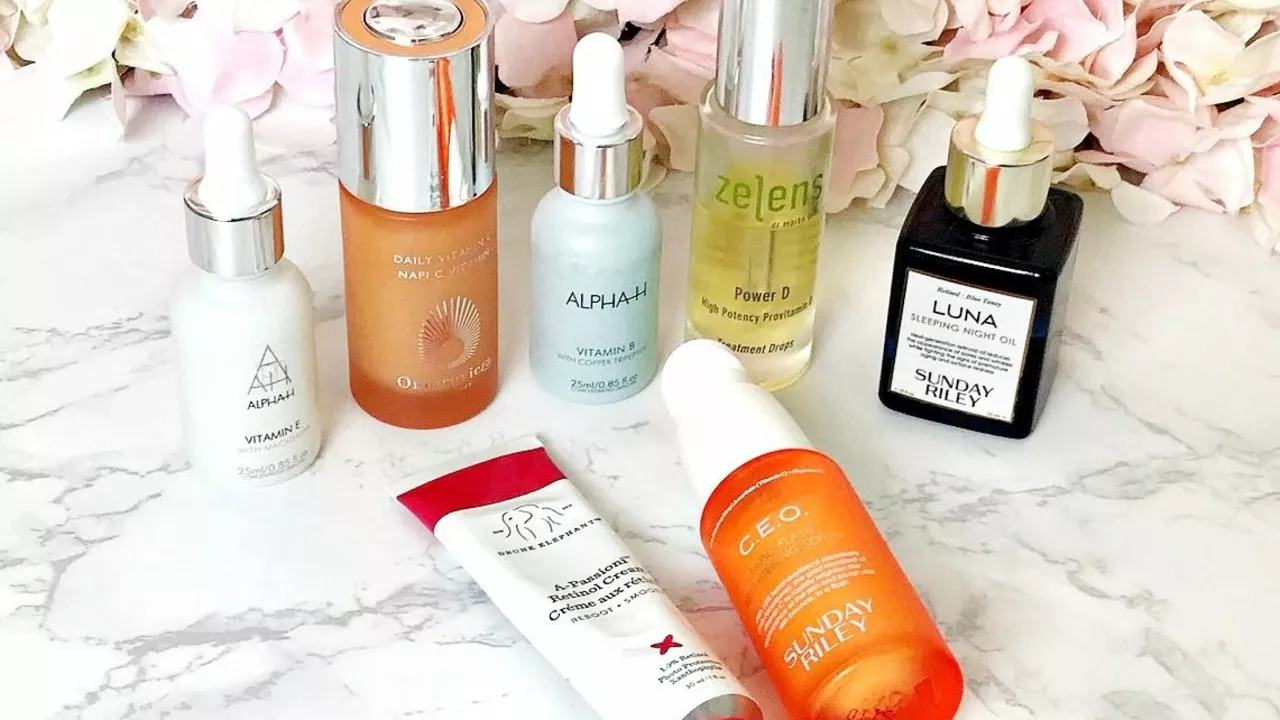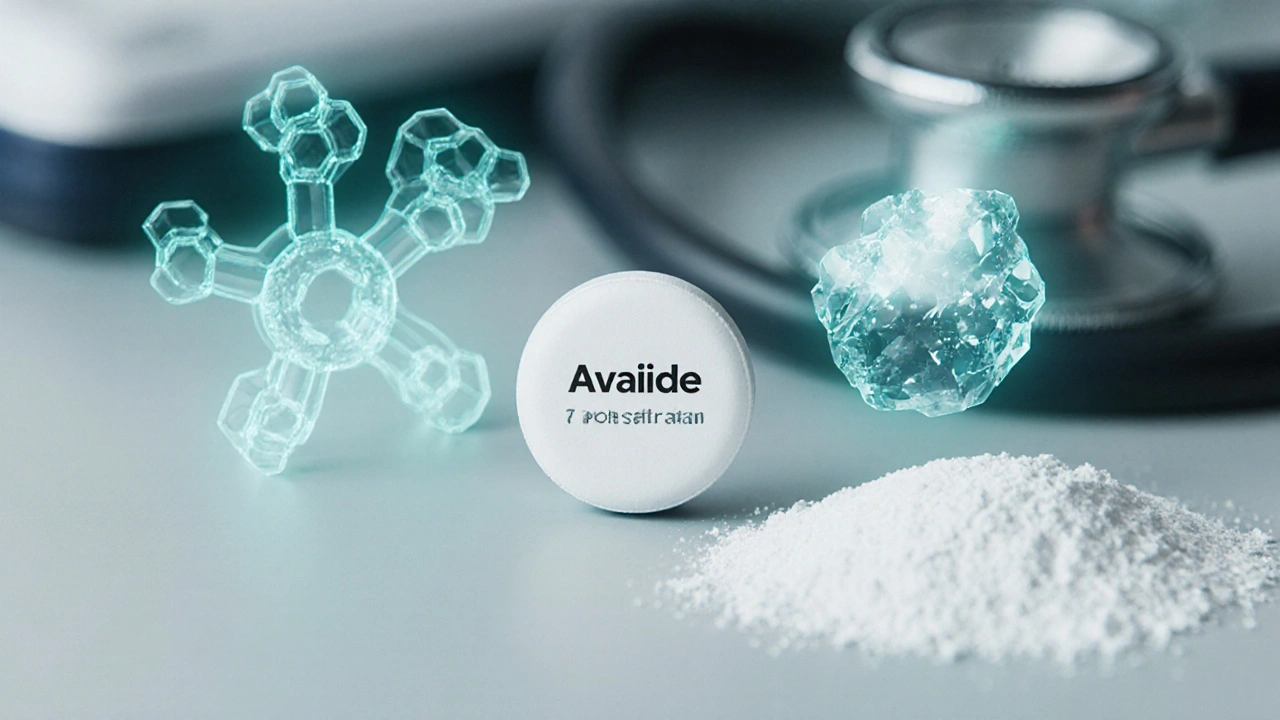
Understanding Allantoin in Skincare Products
In the realm of skincare products, allantoin is an ingredient that is known for its moisturizing and skin-smoothing properties. This ingredient is derived from the root of the comfrey plant and is recognized for its keratolytic, or skin-softening, capabilities. It's often included in a variety of skincare products, from moisturizers to serums, due to its ability to promote healthy skin regeneration. But, just like any other ingredient, it's crucial to understand its safety and potential side effects before incorporating it into your skincare routine.
Digging into the Safety of Allantoin
When talking about the safety of allantoin, it's important to note that it's generally considered safe for topical use. The Cosmetic Ingredient Review Expert Panel, an organization that assesses the safety of skincare ingredients, has declared allantoin safe as used in cosmetics. It is non-toxic and non-allergenic, making it suitable for most skin types, including sensitive skin.
Moreover, allantoin is well-tolerated by the skin and is not known to cause any significant negative reactions or interactions with other skincare ingredients. That said, as with any skincare product, it's always advisable to perform a patch test before applying it all over your face or body to ensure you don't have an adverse reaction.
Unveiling the Potential Side Effects of Allantoin
While allantoin is generally considered safe, it's not entirely free from potential side effects. In some rare cases, individuals may experience minor skin irritation, such as redness, itching, or a burning sensation, particularly if they have very sensitive skin or use the product in high concentrations.
These side effects, however, are typically mild and short-lived. If you experience any irritation or discomfort, it's recommended to stop using the product immediately and consult with a healthcare professional or dermatologist. Always remember that what works for others might not necessarily work for you, and it's essential to listen to your skin's needs and reactions.
How to Use Allantoin Safely
Despite its potential side effects, it's pretty straightforward to use allantoin safely in your skincare routine. Start by introducing it gradually into your regimen, and keep an eye on how your skin responds. If you notice any signs of irritation, stop using it immediately. On the flip side, if your skin responds well, you can continue using the product as directed.
Also, remember to do a patch test before applying a new product all over your face. This step is crucial in identifying any potential adverse reactions and can save you from potential discomfort or skin damage.
Conclusion: Balancing the Benefits and Risks of Allantoin
Overall, allantoin is a beneficial skincare ingredient that can significantly enhance the health and appearance of your skin. Its moisturizing and skin-smoothing properties make it a popular choice in many skincare products. However, like any other ingredient, it's crucial to use it responsibly.
Keep in mind the potential side effects and always listen to your skin's response to the product. If used correctly, allantoin can be a great addition to your skincare routine, helping to promote healthy, smooth, and moisturized skin.






Vishnupriya Srivastava
July 22, 2023 AT 13:14Matt Renner
July 22, 2023 AT 20:44Ramesh Deepan
July 23, 2023 AT 07:08Wayne Rendall
July 23, 2023 AT 09:13Ifeoluwa James Falola
July 23, 2023 AT 20:02Adam Phillips
July 24, 2023 AT 19:48Julie Lamb
July 25, 2023 AT 03:23april kakoske
July 25, 2023 AT 12:27Rishabh Jaiswal
July 26, 2023 AT 12:07May Zone skelah
July 27, 2023 AT 06:45Dale Yu
July 27, 2023 AT 14:43Kshitij Nim
July 28, 2023 AT 07:33Scott Horvath
July 28, 2023 AT 09:23Armando Rodriguez
July 28, 2023 AT 16:56jennifer sizemore
July 29, 2023 AT 07:58matt tricarico
July 29, 2023 AT 13:09Patrick Ezebube
July 29, 2023 AT 18:19Kimberly Ford
July 30, 2023 AT 06:05